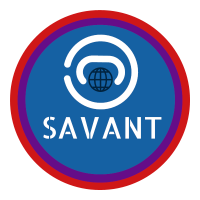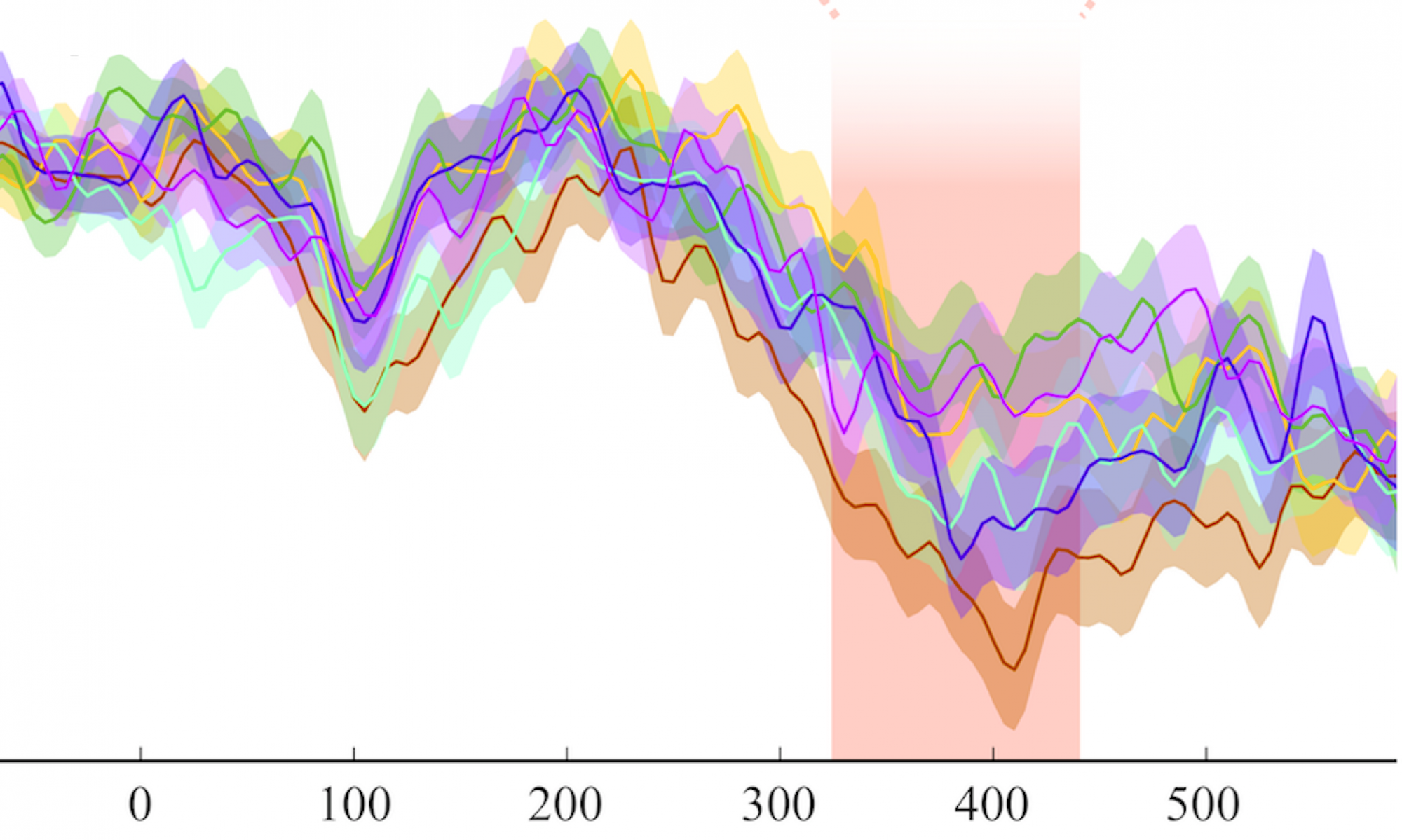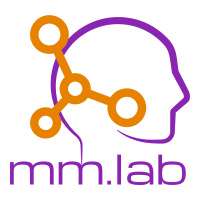The first publication arising from PhD student Dave Cayado’s thesis project has just been published in Language, Cognition and Neuroscience. This paper reports a masked morphological priming experiment in Tagalog, investigating the processing of infixes, and comparing them to prefixes and suffixes. Despite their prevalence in the world’s languages, infixes have never before been investigated using the masked priming technique, which is the most widely used tool to investigate the early stages of morphological processing. Consistent with our previous work finding that infixes in Tagalog evoke neural activity consistent with early form based morphological decomposition (Wray et al. 2021), Dave finds that infixed primes facilitate the processing of their stem targets just as robustly as prefixed and suffixed primes do. This important finding means that current models of morphological processing which assume that word edges, or fixed positions, play a critical role in early form based morpheme detection need to be rethought. This research is funded through our SAVANT grant project.
New paper: Dutch–Mandarin learners’ online use of syntactic cues to anticipate mass vs. count interpretations.
Our paper reporting on work investigating Dutch L1, Mandarin L2 speakers ability to use implicitly learned syntactic cues to rapidly generate mass vs. count interpretations (before hearing the critical nominal), has just been published in Second Language Research. This project arises from the PhD thesis of lead author, and QMUL alum, Panpan Yao, now an Assistant Professor at Beijing Language and Culture University. The research was funded by the Advancing the European Multilingual Experience (AThEME) project.
New: Distributed Morphology & Neurolinguistics review chapter on lingbuzz
A chapter Linnaea has written with Laura Gwilliams for the forthcoming Cambridge Handbook of Distributed Morphology is up on lingbuzz. In it, we try to connect the theory of Distributed Morphology with the available neurolinguistics literature (largely focused on the MEG research we and our collaborators have been involved in). Comments very welcome.
SAVANT project awarded funding
We’ve just been awarded funding by the ESRC for our project Systematicity and Variation in Word Structure Processing Across Languages: a Neuro-Typology approach (SAVANT). Research on how the human brain processes language has mostly focused on a very small set of familiar, related European languages like English, Dutch, German, Spanish and French. We know almost nothing about how the brains of speakers of most of the world’s languages respond to even simple linguistic tasks like processing a single word. This project investigates how speakers of a diverse range of languages solve the basic problem of detecting, recognising and interpreting constituent pieces of complex words, by recording their brain activity while they read and judge the wellformedness of familiar and novel words in their language. By employing a very simple paradigm, that can be replicated across all the languages in our sample, we can both better understand the shared neurocognitive bases for the human language capacity, while also uncovering the neurobiological basis for the distribution of different linguistic patterns across the languages of the world. The systematic comparison of the responses evoked by the same manipulations across a range of languages will lead to new discoveries and to the refinement of existing models of how word-internal linguistic structure is parsed.

The project brings together a global team of researchers and labs: Christina Manouilidou in the Department of Comparative and General Linguistics and the Department of Neurology at the Univerza v Ljubljani, Rok Žaucer in the Center for Cognitive Science of Language at Univerza v Novi Gorici, Dustin Alfonso Chacón in the Neuroscience of Language Lab (NeLLab) at NYU Abu Dhabi, Samantha Wray in the Program in Linguistics at Dartmouth College, and Alec Marantz in the Department of Linguistics and NeLLab at NYU.
We’ll be recruiting a team of early career researchers to join our project to help us investigate morphological processing in Tagalog, Bangla, Arabic, Slovenian and Bosnian-Serbo-Croatian in early 2021. The project will run from 2021-2024.
Grant awarded to investigate Cognitive plasticity and language acquisition: The effects of linguistic environment
Professor Heather Goad, and her colleagues at McGill University’s Language Acquisition Research Group (Fred Genesee, Gigi Luk, Stefano Rezzonico, Phaedra Royle, Karsten Steinhauer, Elin Thordardottir & Lydia White), along with a team of collaborators including lab director Linnaea Stockall and other researchers in Canada (Denise Klein, McGill and Johanne Paradis, University of Alberta) and the U.K. (Victoria Joffe, Essex) have been awarded $CAN320,000 for their project Plasticité cognitive et acquisition du langage : l’effet de l’environnement linguistique / Cognitive plasticity and language acquisition: The effects of linguistic environment by the Fonds de recherche du Québec – Société et culture, Programme de soutien aux équipes de recherche. This project will run from 2020-2024.

